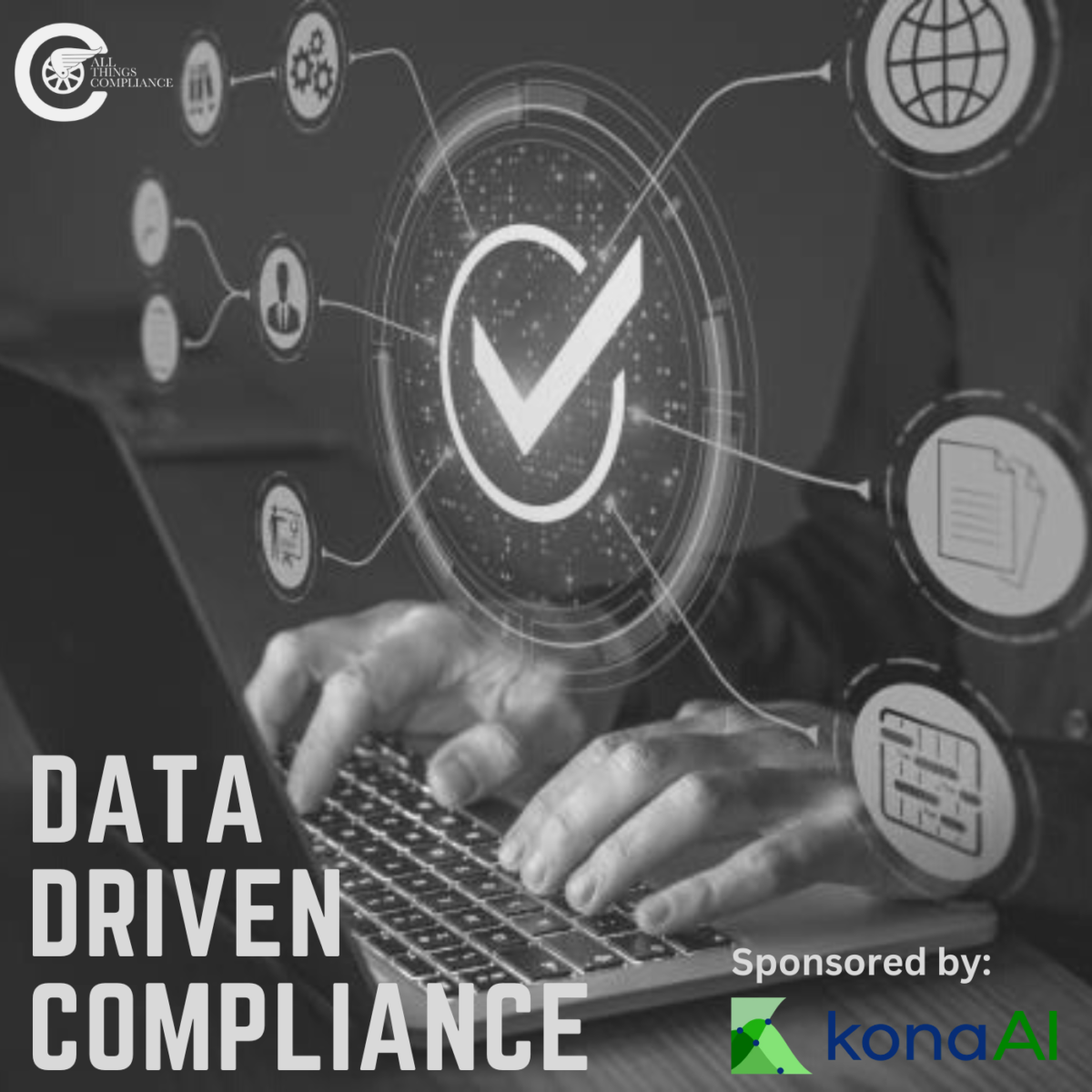The Department of Justice (DOJ) is increasingly utilizing data analytics for proactive enforcement, signaling a significant shift in their approach to combating white-collar crime. This move reflects the recognition of data analytics as a crucial component of compliance programs, extending beyond historical reporting to transactional details and third-party interactions.
Recently, Acting Principal Deputy Assistant Attorney General Nicole M. Argentieri Delivered remarks at the 39th International Conference on the Foreign Corrupt Practices Act (FCPA). She stated, “the Criminal Division has long been an innovator in using data to enhance its investigations and prosecutions. I am proud to announce that we are taking that experience and expertise with data analysis and applying these tools to our FCPA investigations. Through investments in personnel, we have improved our ability to harness and analyze available data — both public and non-public — to identify potential wrongdoing involving foreign corruption. This approach has already generated successful FCPA investigations and prosecutions.”
In this week’s episode of “Data Driven Compliance,” host Tom Fox and Vince Walden, discussed the importance of data analytics in the DOJ’s enforcement efforts was discussed. Matt Galvin, an expert leading the DOJ’s data analytics initiative, highlighted the proactive use of data to generate cases related to the FCPA and emphasized that this is just the beginning.
The DOJ expects companies to adopt a similar data-driven approach to compliance. Vince Walden, cited to the Argentieri speech where she stated, “just as we are upping our game when it comes to data analytics, we expect companies to do the same.” This expectation extends beyond simply tracking trainings, policies, and investigations. The DOJ’s focus is on monitoring third parties throughout the lifespan of the relationship, not just during the onboarding process.
Walden emphasized that while due diligence and background checks are essential, the real risk of fraud occurs during the actual business transactions with third parties. Therefore, companies need to go beyond initial checks and continuously monitor high-risk vendors, contract terms, and other relevant data sources. By mapping risks to data sources and implementing effective tests, companies can identify and prioritize risky transactions.
The increasing accessibility and cost-effectiveness of data analytics have made it a viable option for companies of all sizes. It can help companies demonstrate effective compliance programs, uncover hidden financial irregularities, and improve overall efficiency. The importance of continuous data analysis in compliance programs was highlighted by the Bank of America enforcement action by the Consumer Financial Protection Bureau (CFPB).
The DOJ’s use of data analytics is not limited to public data available from public companies. They are also leveraging private information, which could potentially include information obtained during investigations within specific industries. The DOJ has made significant investments in technology and resources to enhance their enforcement capabilities, taking inspiration from techniques used in the healthcare division to combat fraud.
However, implementing a data-driven compliance program comes with its own set of challenges. There is still confusion among the compliance community regarding what data analytics entails and how it should be applied. Walden stressed the need for a process-oriented approach rather than treating it as a one-time project. Data analytics should be integrated into the compliance program as a continuous business process, similar to third-party due diligence.
The DOJ’s increasing use of data analytics for proactive enforcement has far-reaching implications. Companies must recognize the importance of adopting a data-driven approach to compliance and invest in the necessary resources and technology. By doing so, they can not only meet the DOJ’s expectations but also improve the effectiveness of their compliance programs and mitigate the risk of fraud.
The DOJ’s increasing use of data analytics for proactive enforcement signifies a significant shift in their approach to combating white-collar crime. Companies must embrace this data-driven approach to compliance, continuously monitor high-risk transactions, and invest in the necessary resources and technology. By doing so, they can demonstrate effective compliance programs, uncover hidden financial irregularities, and improve overall efficiency.
For the full podcast episode, click here.









